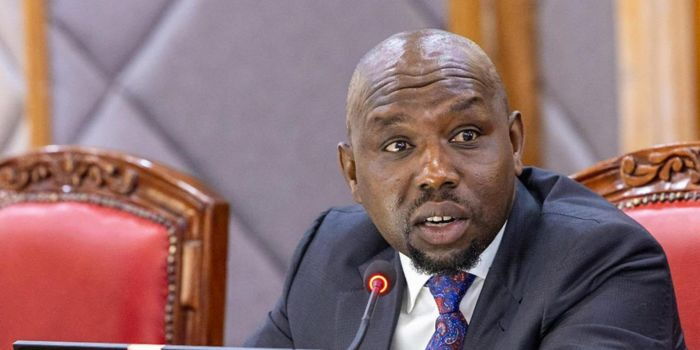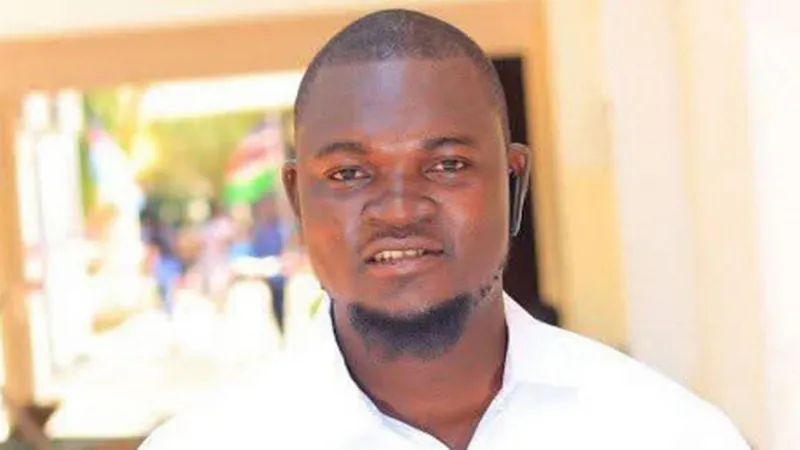The Kenyan government, through Interior Cabinet Secretary Kipchumba Murkomen, has spoken out for the first time in response to growing public pressure over the controversial death of Albert Ojwang.
Ojwang’s tragic death on Sunday, June 8, just hours after his arrest and detention at Nairobi’s Central Police Station, has sparked nationwide outrage. Many Kenyans, activists, and human rights defenders have demanded accountability, calling on the Ministry of Interior to take action against what they allege is a clear case of police brutality.
But while appearing before the Senate on Wednesday, June 11, CS Murkomen expressed that his hands are tied by the Constitution. Referring to Article 245(4), he emphasized that he has no legal authority to direct or interfere in police investigations.
“My position is confined in law to the place where either I give policy directions in writing, or assist in providing resources to institutions such as the National Police Service (NPS),” Murkomen told Senators.
Under the Constitution, the Inspector General of Police operates independently and cannot be directed by a Cabinet Secretary in matters concerning specific investigations or enforcement of the law against individuals. Additionally, Murkomen highlighted that he has no control over employment, assignment, or disciplinary actions within the police force, a move designed to insulate the NPS from Executive interference.
Initial police reports stated that Ojwang had died by suicide, allegedly hitting himself repeatedly against a wall while in custody. But that narrative crumbled when an independent autopsy revealed a far more sinister truth.
The autopsy, released after pressure from family lawyers and rights groups, showed that Ojwang suffered blunt force trauma to the head, neck compression, and multiple soft tissue injuries — including defensive wounds. These findings categorically ruled out the possibility of self-inflicted injuries, intensifying calls for justice.
CS Murkomen was quick to redirect responsibility to investigative bodies like the Independent Police Oversight Authority (IPOA), arguing that these institutions are better placed, and constitutionally mandated, to probe misconduct within the police service.
While the Interior Ministry’s role may be limited to resource allocation and policy, critics argue that Murkomen and the Executive can still do more to support independent investigations, protect whistleblowers, and ensure swift prosecution where police wrongdoing is found.
The Ojwang case has reawakened painful memories of past extrajudicial killings in Kenya. For many, it’s not just about one man’s tragic death, it’s about the system, the silence, and the seeming impunity that continues to haunt Kenya’s law enforcement structures.
As citizens await real accountability, the question remains: Will Kenya’s institutions act independently, and courageously, to uncover the truth?





